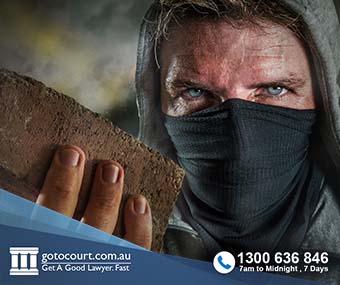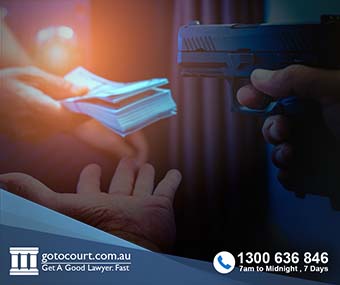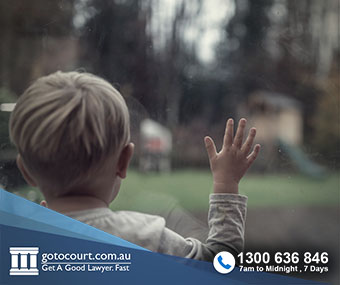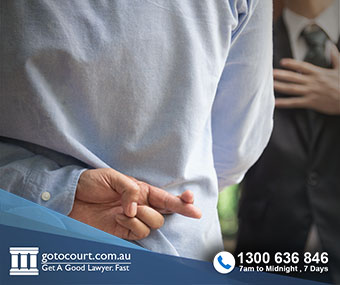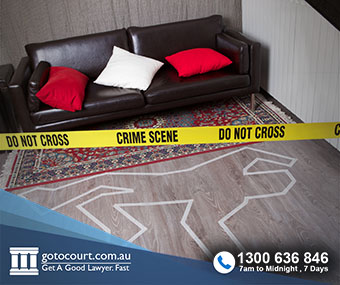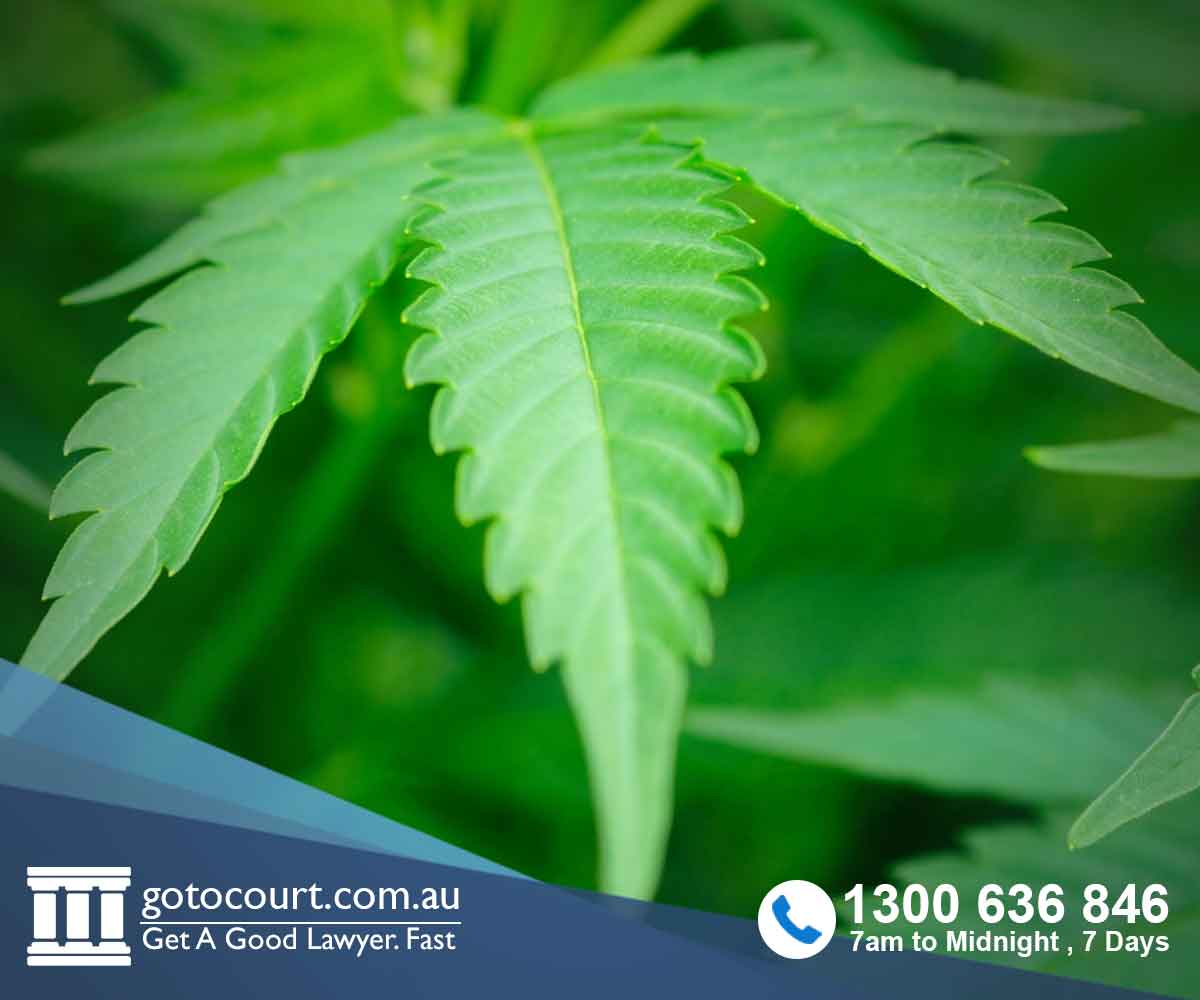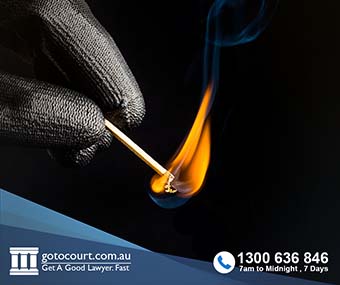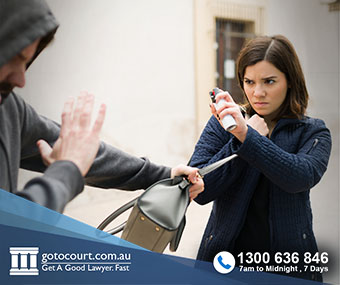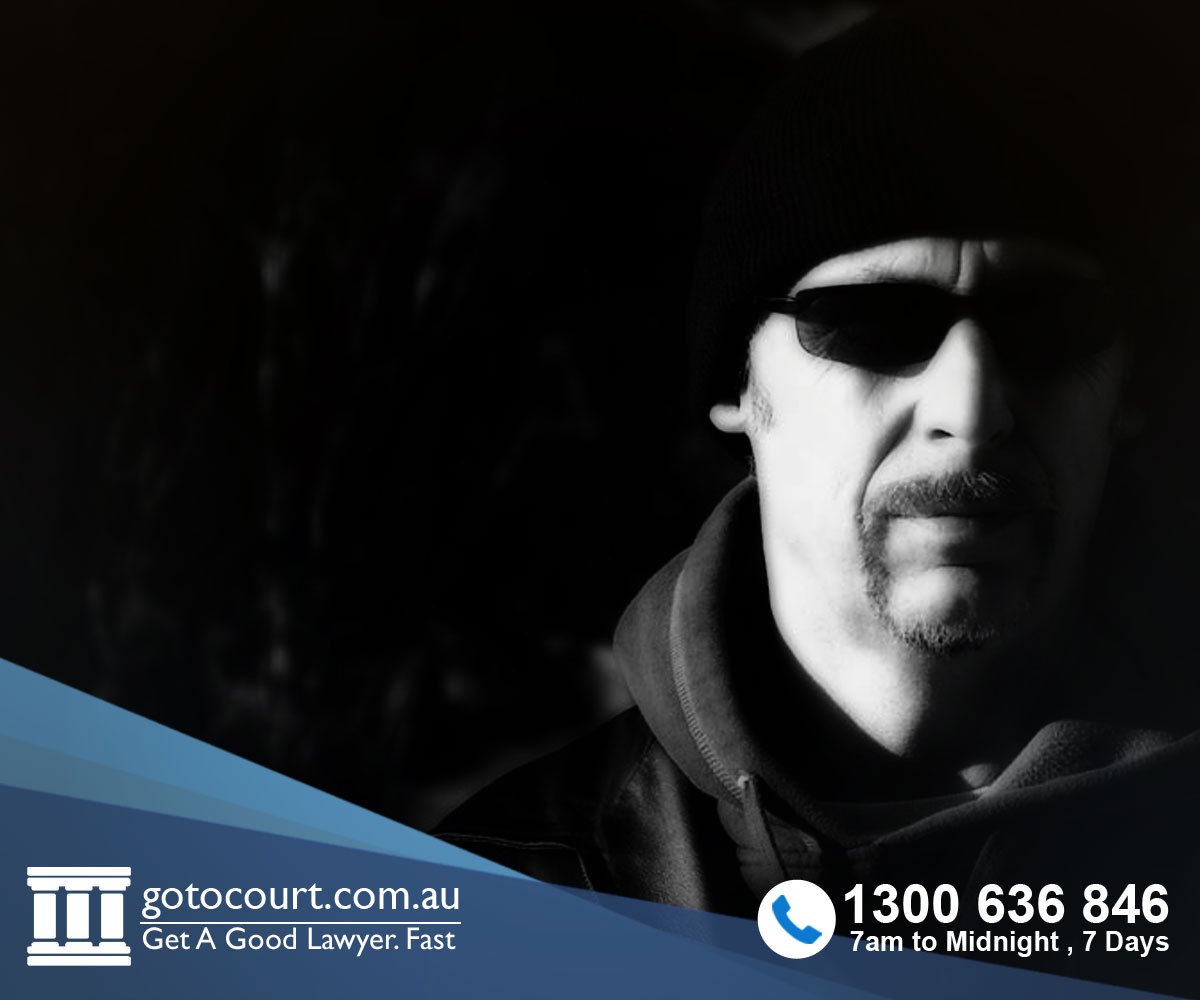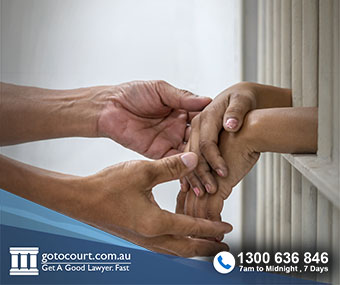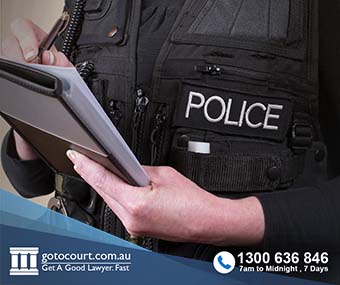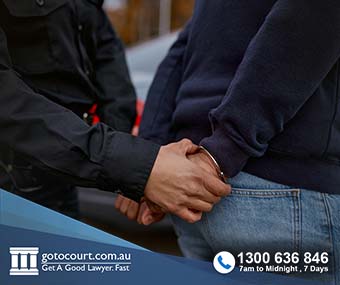Call our lawyers
now
or,
have our lawyers
call you
Attempted Murder Tasmania
Updated on Dec 12, 2022 • 5 min read • 325 views • Copy Link
Attempted Murder Tasmania
Anyone who commits murder in Tasmania can be charged under section 158 of the Criminal Code Act 1924. A guilty verdict in a murder case attracts a sentence of life in prison or another severe penalty. A person who intends to commit a crime and tries to carry it out but fails to do so is almost as morally culpable as if they had actually committed the offence. As such, it is a serious criminal offence under section 299 for someone to attempt to commit murder. The penalty that applies to attempted murder varies according to the specific circumstances of the case. This page explains how attempted murder offences are treated in Tasmania.
Definition Of Attempted Offences
‘Inchoate’ offences criminalise participation in incomplete offences. Laws of attempt extend criminal liability to include what a perpetrator tries to do. An attempted offence is when a person acts or fails to act with the intent to commit a crime or is interrupted before they can finish the commission of the crime.
An offender is guilty of attempting to commit murder even if they voluntarily desist from the actual commission of the crime. The offence also applies in circumstances when it was impossible to commit the crime. For instance, a person who fires a gun can be found guilty of attempted murder even if the weapon was faulty and incapable of delivering lethal force.
It is difficult to articulate the point at which an act constitutes attempted murder. An offender is likely to be prosecuted for attempted murder if they finalised their plans and began to take steps towards the commission of the offence. Ultimately, it is a question of law and depends on the circumstances of the specific case.
Attempted Murder
The prosecution can only obtain a conviction for attempted murder when it can establish beyond reasonable doubt that the accused intended to cause the victim’s death through their conduct. A person will not be convicted of the offence if they did not have the intention to cause the victim serious or lethal harm.
The DPP’s Prosecution Policy and Guidelines do not specify the circumstances when it is appropriate to charge a person with attempted murder. What is clear, however, is that it is not sufficient for the accused to have intended to cause grievous bodily harm, knowing that death was a likely result. Attempted murder requires a more specific intention to cause death.
A failed murder attempt may also constitute a lesser crime than attempted murder. For instance, attempted murder may satisfy the elements of a charge of assault.
Double Jeopardy
Sometimes, a crime that first appears to be attempted murder becomes a murder because the victim subsequently dies from their injuries. In Tasmania, section 342 of the Criminal Code Act 1924 provides that a person charged with attempted murder can be convicted of murder if the evidence establishes the elements of the more serious crime. This is only possible before a verdict is entered and accepted by the court. If a person is convicted or acquitted of attempted murder, they cannot later be tried for murder, even if the victim subsequently dies.
Attempted Murder Defences
A person is not guilty of attempted murder in Tasmania if they acted in self-defence. An accused must be acquitted of the offence if they acted in defence of themselves or others against a threat of serious harm or death. For an accused to successfully plead self-defence against a charge of attempted murder, they must have used appropriate force given the circumstances. There is no expectation that a person will have time to carefully calculate their response, but it must be reasonably proportionate given the degree of threat. When an accused pleads self-defence, the burden is on the prosecution to disprove the elements of the defence.
Case Study
Matthew Davey was recently found guilty of attempted murder in the Supreme Court of Tasmania. When Nicole Evans broke up with him, Mr Davey threw an accelerant on her, knowing how easily it could ignite. When she tried to leave, he extended a lighter towards her and flicked it alight. The victim spent five months in hospital and was left with catastrophic burns to 68% of her body.
Justice Brett described Mr Davey’s act as cruel and emphasised that he had repeatedly threatened to kill Ms Evans if she ever left him. While his Honour noted that the defendant did take steps to put out the flames, he also attempted to avoid the repercussion of his crime. He repeatedly asked Ms Evans to conceal his role in starting the fire, both immediately after the incident and during her rehabilitation. For the crime of attempted murder, the Court sentenced Matthew Davey to 18 years imprisonment with the opportunity for parole after 12 years.
Attempted murder is a serious criminal offence in Tasmania. Please contact Go To Court Lawyers if you need legal advice or representation on this or any other criminal law matter.


Affordable Lawyers
Our Go To Court Lawyers will assist you in all areas of law. We specialise in providing legal advice urgently – at the time when you need it most. If you need a lawyer right now, today, we can help you – no matter where you are in Australia.How It Works








1. You speak directly to a lawyer
When you call the Go To Court Legal Hotline, you will be connected directly to a lawyer, every time.


2. Get your legal situation assessed
We determine the best way forward in your legal matter, free of charge. If you want to go ahead and book a face-to-face appointment, we will connect you with a specialist in your local area.


3. We arrange everything as needed
If you want to go ahead and book a fact-to-face appointment, we will connect you with a specialist in your local area no matter where you are and even at very short notice.

